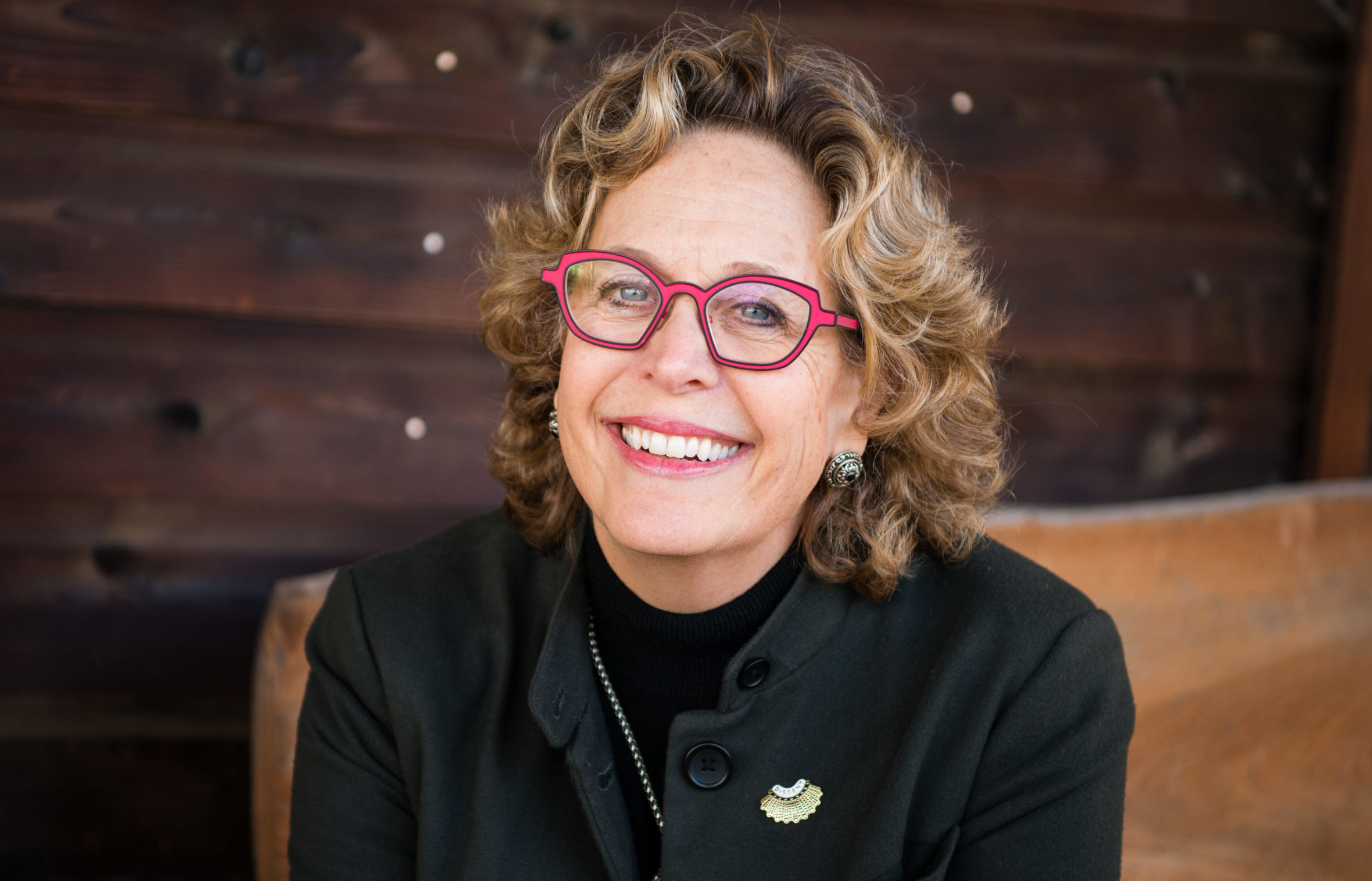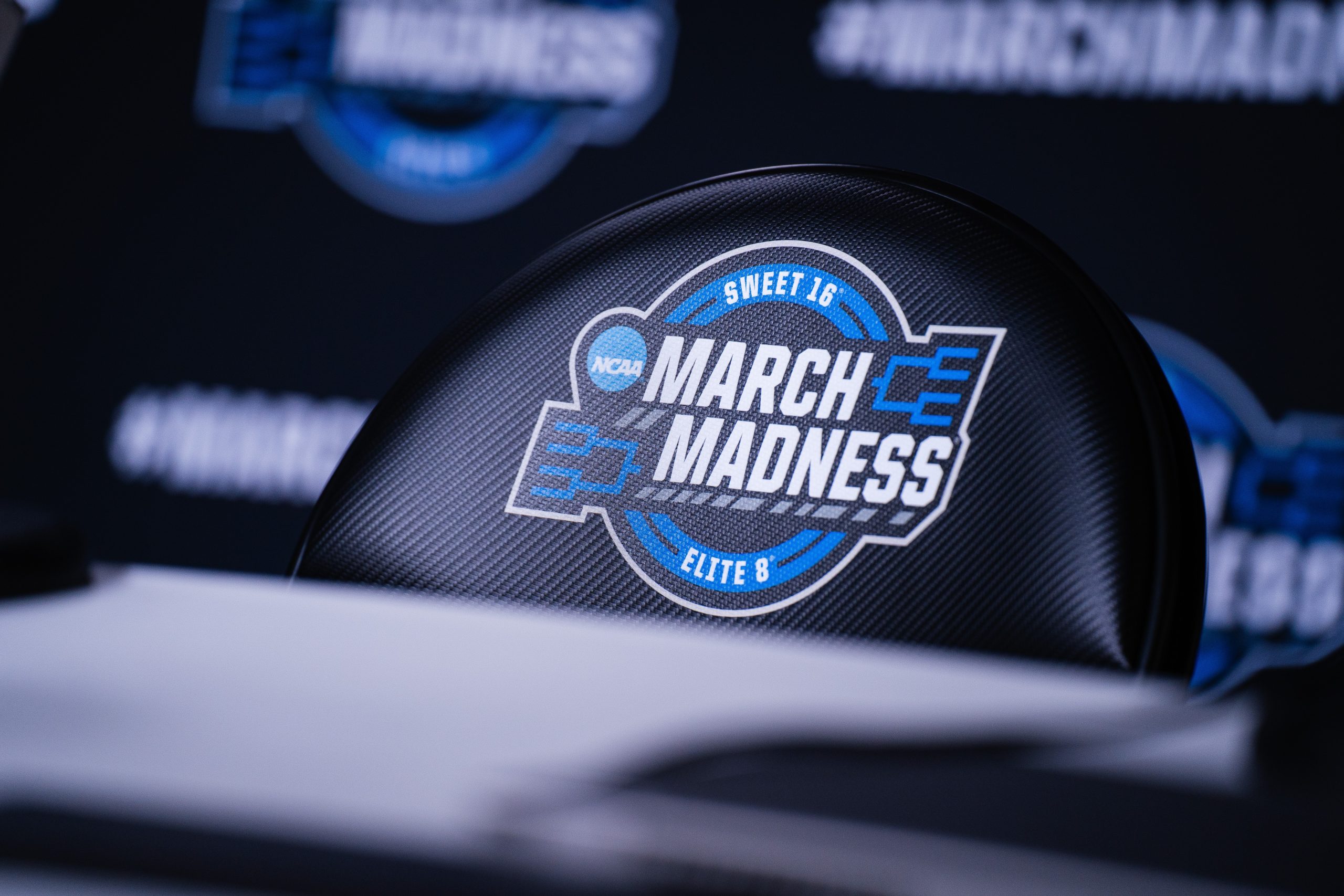
March 31, 2023
This E-Commerce Marketplace is Led By Women Entrepreneurs, For Women Entrepreneurs: Q&A with WMarketplace’s Co-Founder and CEO, Kate Isler
In honor of Women’s History Month, we’re sitting down with Kate Isler, Co-Founder & CEO of WMarketplace, to learn more about WMarketplace and Isler’s work. You can follow Kate on Twitter @IslerKate.
During the COVID-19 pandemic, you helped found WMarketplace, a Seattle-based e-commerce marketplace. Starting with about 70 women-owned business sellers, the site has grown to host more than 500. Can you tell us a little more about WMarketplace’s mission and why it was founded?
I co-founded a non-profit organization, Be Bold for Change, to celebrate and support women and girls several years ago. I was hosting the 2020 International Women’s Celebration in Seattle just a few days before the world shut down for COVID-19. As the first weeks and months passed, more stories emerged about the disproportionate impact of the pandemic and shutdown on women. They were leaving their jobs to care for children or simply being laid off. I could not simply watch this happen and do nothing. There had to be a way to support these women and put money into women’s bank accounts.
Online shopping was the only way to shop, so if we could direct that spending toward women-owned businesses, it would make a tangle impact. I was talking with a friend about the idea, and she said she was among those women being affected and being laid off and wanted to join me. We opened WMarketplace.com for consumer shopping three months later with over 300 products.
Today, we are almost three years in with over 500 women-owned businesses selling our platform, offering over 7,000 products and services.
We have built a value-driven online platform and ecosystem that focuses on building a business and community. WMarketplace offers shoppers an alternative to large retailers and the opportunity to shop their values and communities. On WMarketplace, you can shop Black-owned, AAPI-owned, Veteran-owned, LGTBQ+-owned, and more.
We offer a wide range of categories and high-touch personal customer service to shoppers and sellers.
WMarketplace is led by women entrepreneurs, for women entrepreneurs. What do you think attracts women-led businesses to become sellers on WMarketplace?
There are several unique things that WMarketplace does that draw in women-owned businesses of all sizes. In addition to favorable commercial terms and the opportunity to join a community of women entrepreneurs, personal engagement is key to our success. Technology has streamlined much of what we do every day, and I built a career in technology and am genuinely a bit of a geek, but there are times when you need a person, not a bot. WMaketplace offers that level of personal engagement to our sellers and our shoppers. When you ask a question on the chatbot, a real person answers.
Finally, as an all-female team, we understand what women-owned businesses are looking for, and we are continually listening and learning how to improve our site to help make our businesses more successful.
In the past few years, we’ve seen a rise in “niche,” value-driven online marketplaces, such as WMarketplace, We Buy Black, and BuyVerde. What do you think is driving this trend?
People are looking for value and being more conscious when spending money. Money is power, and when you invest money in products and services offered by businesses that align with your values, it is a win for both you as a buyer and for the business.
The ease of global communication and visibility has brought to light where products are made, who makes them, and the impact the supply chain has on people and communities. Individuals can have a significant impact with their shopping dollars.
Economic gender parity is estimated to be over 300 years away. Individuals can reduce that time substantially by spending money on products and services offered by women-owned businesses. Our mission is to provide a broad category shopping site that offers consumers a way to shop their values and support women- and women of color-owned businesses in a meaningful way.
We know from our past research that there are many different sales channels businesses use to reach consumers and sell their products, both online and offline. Do you have a sense of how many WMarketplace sellers also sell online using other channels (e.g., business-owned web stores)? And do you have a sense of how many sell offline, via brick-and-mortar stores or farmer’s markets, for example?
Great question. We just fielded research talking to over 6,500 women-owned businesses. Most use multiple sales channels. An offline presence in brick-and-mortar stores or pop-up events has more to do with legacy. If they were in business before the pandemic, generally, they have some offline sales channels, and if not, then online is their primary channel. Over 80% believe that 75-85% of their business will be online over the next 12 months.
There is also an interesting trend in online channels. There is a growing awareness that the reach offered by the largest online merchants is cost-prohibitive to many businesses. The margins are just not there for small and mid-size businesses to invest the time and money to compete in crowded categories on the large channels. Likewise, the thousands of single-brand direct-to-consumer sites struggle to drive enough traffic and visibility to meet their site costs.
Online sales will continue to grow, so it is a matter of looking at a complete business model to determine what type of channel provides the best showcase and delivery for your product and where your ideal customers are looking for you. Rarely is one sales channel the right choice.
In ten words or less, how would you describe the seller community on WMarketplace?
Diverse, innovative, vibrate, motivated, engaged women!
To download the Q&A as a PDF, click here.

